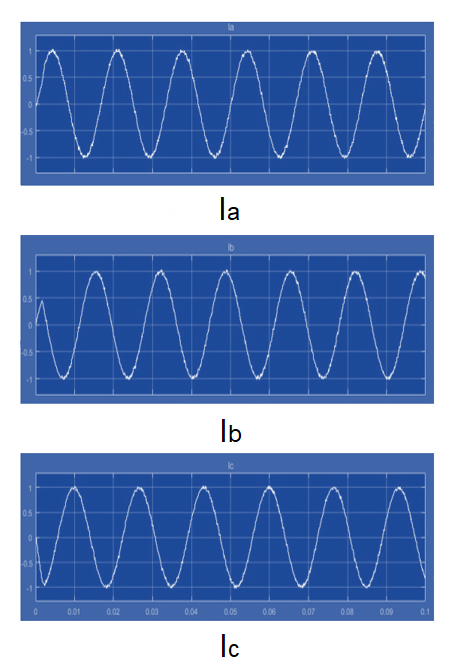Desarrollo de Convertidores Electrónicos Bidireccionales de Potencia para Sistemas de Generación de Energías Renovables usando Control Predictivo
DOI:
https://doi.org/10.33017/RevECIPeru2018.0018/Keywords:
Renewable energies, distributed generation, electronic power converters, MPC- FCS, THDAbstract
This work develops a bidirectional electronic converter of AC/DC electric power and evaluates its performance indicators, all this study in a context in which it seeks to increase the generation of renewable energy sources in the energy matrix of Peru, especially solar and wind sources. In this scenario, the bilateral conversion systems of DC and AC energies [5] are of great importance, we seek to have an efficient behavior and with advanced control techniques that allow us to reduce harmonic distortions, as well as to have the robustness before disturbances and minimize eventual instabilities that occur when connecting to the public electric distribution networks [2], (in a quantified way, the objective is to have less than 2% in THD, in the variable of interest). The development is done through the application of Predictive Control Based on Models in its version of application called Finite Commutation Set ("Finite Commutation Set" FCS), so the control units of the power stage are implemented with MPC-FCS control. The main results obtained using simulation tools (Matlab and PSIM) applied to these electronic power systems are shown (research objectives are established to achieve electrical efficiencies above 98%). This study takes into account the measurement of the magnitude and direction of the flow of power and electrical energy between the generation sources, the grid, the load and the energy storers. The most significant results are presented, which show the results and the methodology, which, in short, performs better than those do, implemented with widely used methods such as SVPWM.


